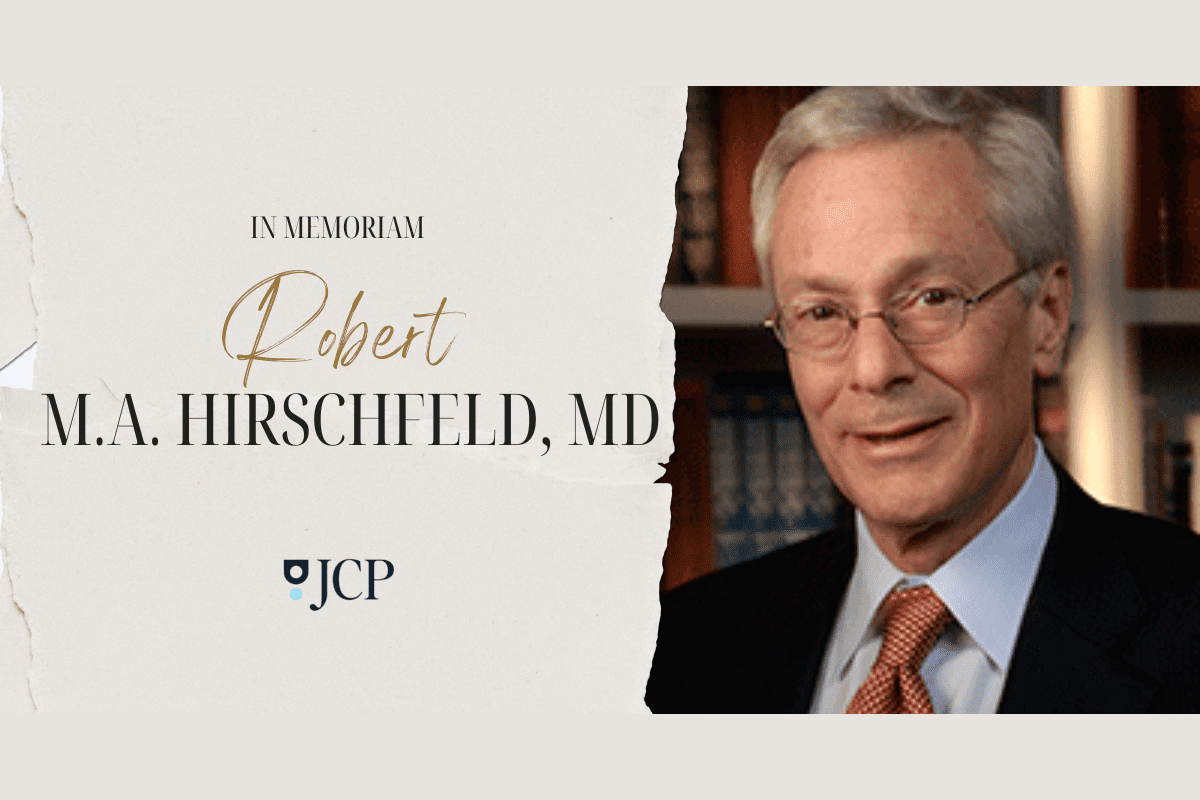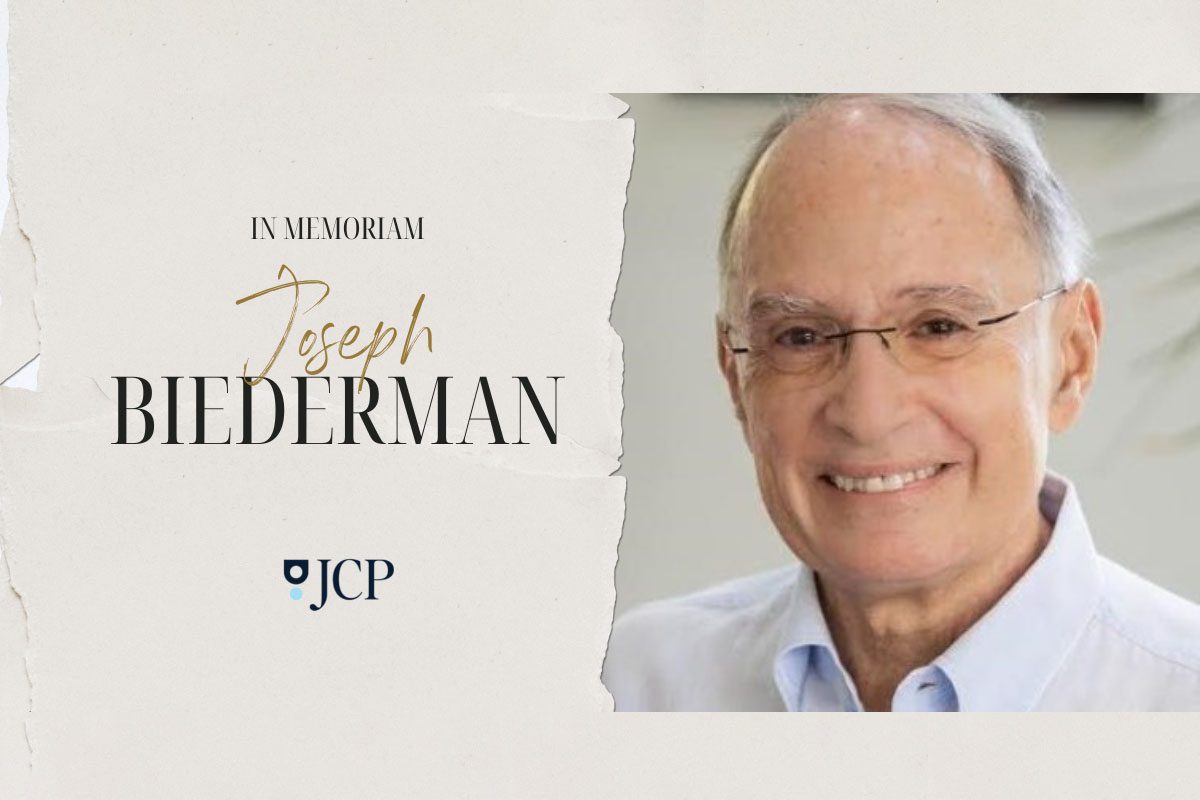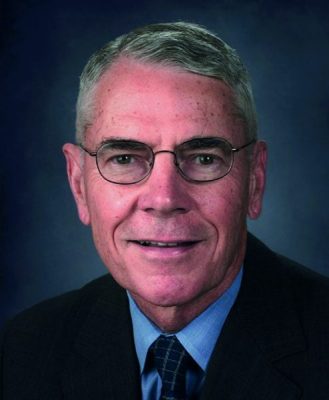Andrew C. Leon, PhD 1951-2012
JCP mourns the untimely death of our Editorial Board member Andrew C. Leon, PhD. Andy was a generous and engaged reviewer and contributor to the Journal. As Dr Kocsis writes in his sensitive note, Andy was a great colleague and wonderful human being. His contributions to our field, and ultimately to the well-being of psychiatric patients, were tremendous. Our Editorial Board and psychiatric research are richer for having had Andy with us and poorer after his loss. I will miss him.

Biostatistician Andrew C. Leon, PhD—a DeWitt Wallace Senior Scholar and professor of biostatistics in psychiatry and public health at Weill Cornell Medical College in New York and a member of the Editorial Board of The Journal of Clinical Psychiatry—died on February 18, 2012, after a brief illness. Andy was a world-class biostatistician and a world-class human being. He was an excellent communicator, a "people person" with a knowledge of and interest in clinical matters and their public health implications that are uncommon even among expert biostatisticians. He was known for prolific, lucid presentations and writing that breathed life into what is often presented as dense, abstruse numerical information. He effectively communicated highly technical statistical ideas to psychiatrists and researchers. He was widely beloved for his generosity as a teacher, mentor, and friend. He gave unselfishly to students, social workers, residents, and colleagues on both national and international levels. He served as a visiting professor in Japan and Singapore as well as the United Kingdom and Europe.
Andy devoted his career to parsing data hidden among incomplete records of clinical trial dropouts and to developing new analytic approaches to preserve research integrity despite the foibles of human participants. "Attrition rates in studies of major depression in adults are typically 30% to 40%; in schizophrenia studies, it’s 50% to 60%, and eating disorders can be even higher," he commented in an interview for Weill Cornell Medicine magazine. "Self-selection becomes a problem. The people who leave have characteristics somewhat different from those who stay in studies." Andy was one of the pioneers in applying mixed-model analyses to clinical trial data. Doing so permits the counting of every time point of data for every patient, regardless of whether data are missing or whether the patient drops out of the study, thus availing each study with more power. Power and data are not lost from patients who miss a rating session or drop out. An index of his creativity is that he was principal investigator on his own National Institute of Mental Health (NIMH)-funded R-01 grant to study new analytic methods, a rarity in the world of federally funded research. His value to the institute was well captured by NIMH Director Thomas Insel: "At the NIMH, Andy has been our ‘ go to’ guy for critical issues in statistics and clinical trial design for the past decade. We will greatly miss his wise counsel and common sense approach. Our field has lost a real gem."
For several years, he provided invaluable guidance to the FDA Psychopharmacologic Drugs Advisory Committee on such controversial subjects as suicidality and antidepressants. On February 24, 2010, the House Committee on Veterans’ Affairs, chaired by Rep Bob Filner (D, California), held hearings entitled "Exploring the Relationship Between Medication and Veteran Suicide." Chairman Filner had previously visited with Dr Peter Breggin and explained that he decided to hold the hearings after reading Breggin’s 2008 book Medication Madness: The Role of Psychiatric Drugs in Cases of Violence, Suicide and Crime. He gave Dr Breggin as much time as he needed in his testimony to set the stage for the hearings. Only one other speaker was on the panel, Andrew Leon, billed as "a former FDA official who consults to drug companies." Dr Leon was allowed to follow Dr Breggin only briefly. Although the deck was clearly stacked against him, Andy’s testimony was an oasis of rational intelligence. It is worth a read: http://veterans.house.gov/witness-testimony/andrew-c-leon-phd.
Born in Cleveland, Ohio, the second of 4 children, Andy grew up in Shaker Heights and was educated in Cleveland and at Ohio University. He received his PhD from the City University of New York in educational psychology. He took a course in statistics, fell in love with the power of that field to influence science, and switched to biostatistics. Working for Gerald Klerman, MD, former chief of the Alcohol, Drug Abuse, and Mental Health Administration, influenced Dr Leon’s choice of psychopharmacology and clinical trial methodology as his life’s work.
He is survived by his wife, Yukiko Okuma, PhD, who is the principal of the Roosevelt Children’s Center, a preschool program for children with multiple disabilities, and a 19-year-old daughter, Angelica, who is a freshman at Cornell. On a personal level, my wife and I came to know Andy and Yuki well socially because for several years they used our country house in Connecticut as a base for their "parent weekend" visits to Angelica’s summer camp. We spent many good days kayaking, hiking, and dining.
He is missed immensely by me and by our colleagues at Cornell, where personally and professionally he was dearly loved by so many.
doi:10.4088/JCP.12f07746
© Copyright 2012 Physicians Postgraduate Press, Inc.




